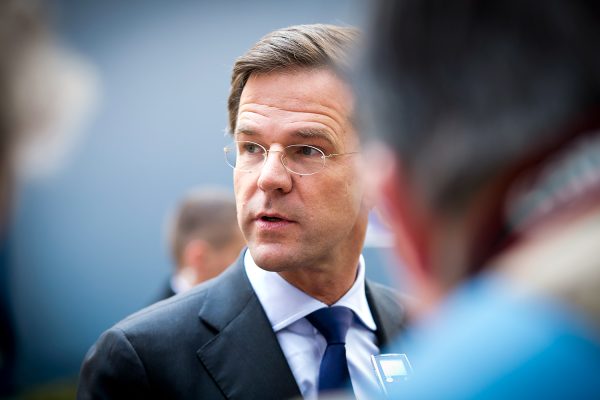
International coverage of Mark Rutte’s reelection campaign in the Netherlands has largely emphasized the ways in which he emulates Geert Wilders.
This report from The New York Times is a typical example. It claims the liberal premier has taken a “Trump-like turn” in the face of a “hard-right challenge”, siding with the “silent majority” in his country against non-natives.
It’s a little over the top but not altogether wrong. Rutte’s center-right party has adopted more repressive immigration and integration policies. It has also become more Euroskeptic since Wilders started out a decade ago.
But it’s not the whole story.
Choice
In their campaign, the liberals ask voters to choose between an “optimist” (Rutte) and a “pessimist” (Wilders).
Rutte himself accused Wilders of having too little faith in the Dutch people on Monday in what was their only one-on-one election debate.
Late last year, I argued that Wilders’ negativity — about Islam, the integration of Muslims, the EU and Dutch institutions — gave Rutte an opening: He could side with the majority of Dutch voters, who don’t feel their country is slipping away from them.
Lesson learned
This is not unfamiliar territory for Rutte. In the last two election campaigns, he also sang the Netherlands’ praises and asked voters to look to the future, even if austerity measures his governments enacted made life difficult for them in the short term.
On both occasions, Rutte won and Wilders fell short.
